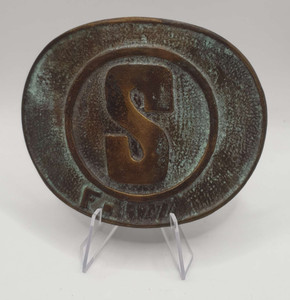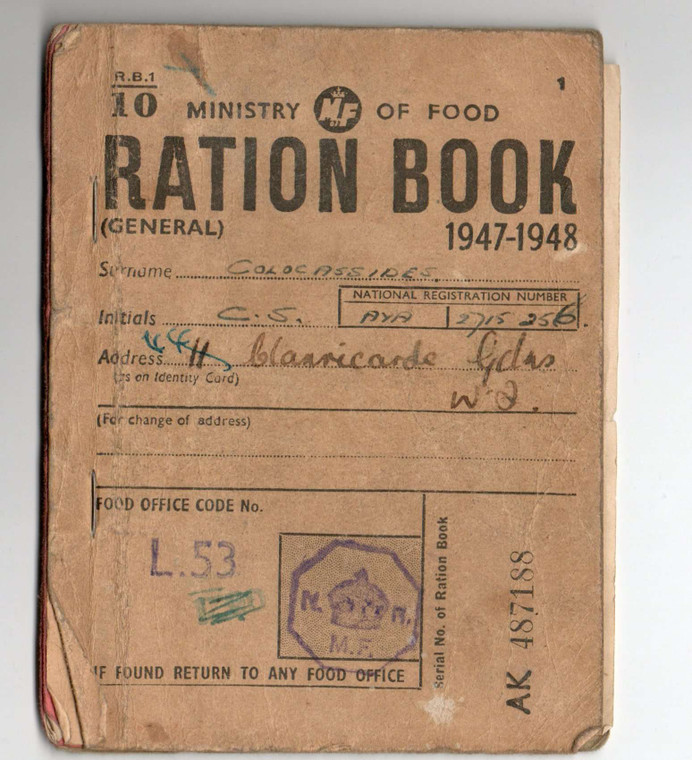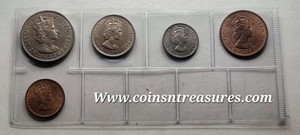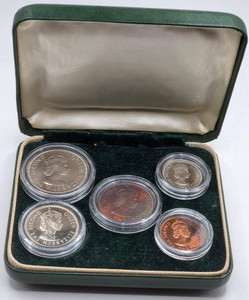
CYPRUS BRITISH 1947 - 1948 MINISTRY OF FOOD RATION BOOK
Ask anyone who remembers life on the Home Front during World War II about their strongest memories and chances are they will tell you about rationing. You see, the war caused shortages of all sorts of things: rubber, metal, clothing, etc. But it was the shortages of various types of food that affected just about everyone on a daily basis.
Food was in short supply for a variety of reasons: much of the processed and canned foods was reserved for shipping overseas to our military and our Allies; transportation of fresh foods was limited due to gasoline and tire rationing and the priority of transporting soldiers and war supplies instead of food; imported foods, like coffee and sugar, was limited due to restrictions on importing.
Rationing was introduced temporarily by the British government and colonies several times during the 20th century, during and immediately after a war.
At the start of the Second World War in 1939, the United Kingdom was importing 20 million long tons of food per year, including about 70% of its cheese and sugar, almost 80% of fruit and about 70% of cereals and fats. The UK also imported more than half of its meat and relied on imported feed to support its domestic meat production. The civilian population of the country was about 50 million.[3] It was one of the principal strategies of the Germans in the Battle of the Atlantic to attack shipping bound for Britain, restricting British industry and potentially starving the nation into submission.
To deal with sometimes extreme shortages, the Ministry of Food instituted a system of rationing. To buy most rationed items, each person had to register at chosen shops and was provided with a ration book containing coupons. The shopkeeper was provided with enough food for registered customers. Purchasers had to present ration books when shopping so that the coupon or coupons could be cancelled as these pertained to rationed items. Rationed items had to be purchased and paid for as usual; rationing restricted what items and what amount could be purchased. Items that were not rationed could be scarce. Prices of some unrationed items were controlled; prices for items not controlled could be unaffordably high for many people.
During the Second World War rationing—not restricted to food—was part of a strategy including controlled prices and government-enforced standards, with the goals of managing scarcity and prioritising the armed forces and essential services, and trying to make available to everyone an adequate supply of goods of acceptable quality.
Public catering
Restaurants were initially exempt from rationing but this was resented, as people with more money could supplement their food rations by eating out frequently. In May 1942, the Ministry of Food issued new restrictions on restaurants:[26]
- Meals were limited to three courses; only one component dish could contain fish or game or poultry (but not more than one of these)
- In general, no meals could be served between 11:00 p.m. and 5:00 a.m. without a special licence
- The maximum price of a meal was 5 shillings (equivalent to £12 in 2020). Extra charges allowed for cabaret shows and luxury hotels.











